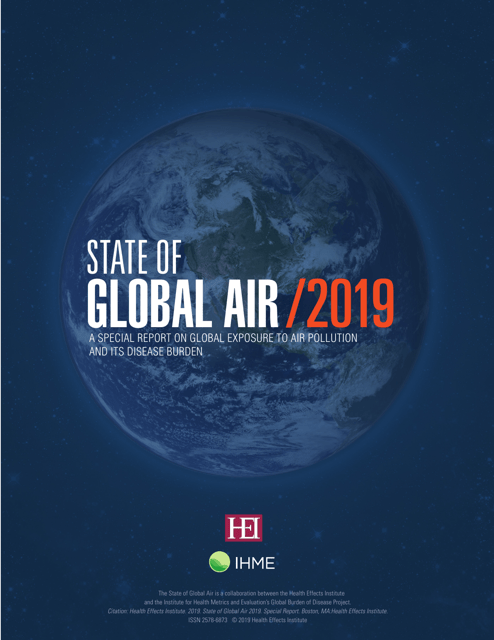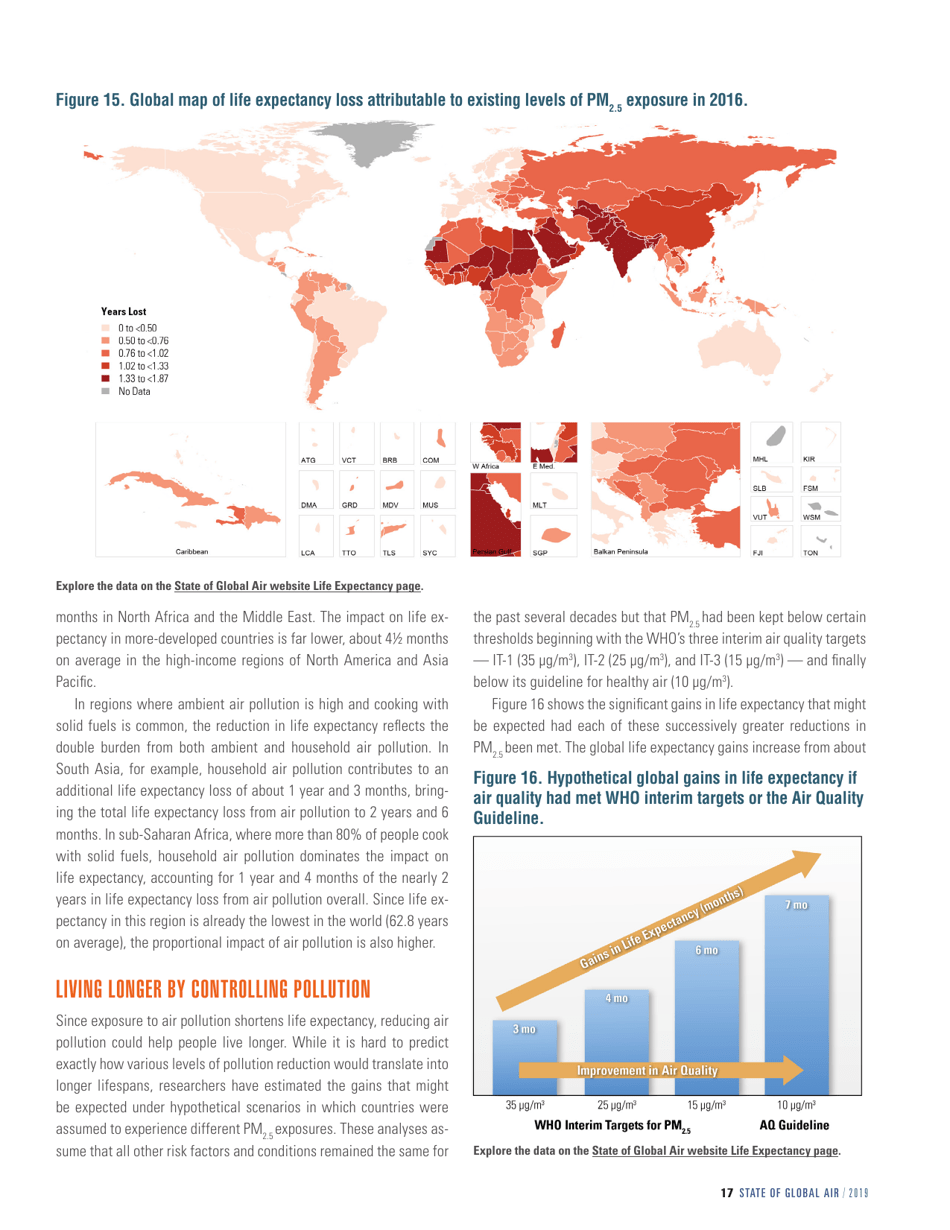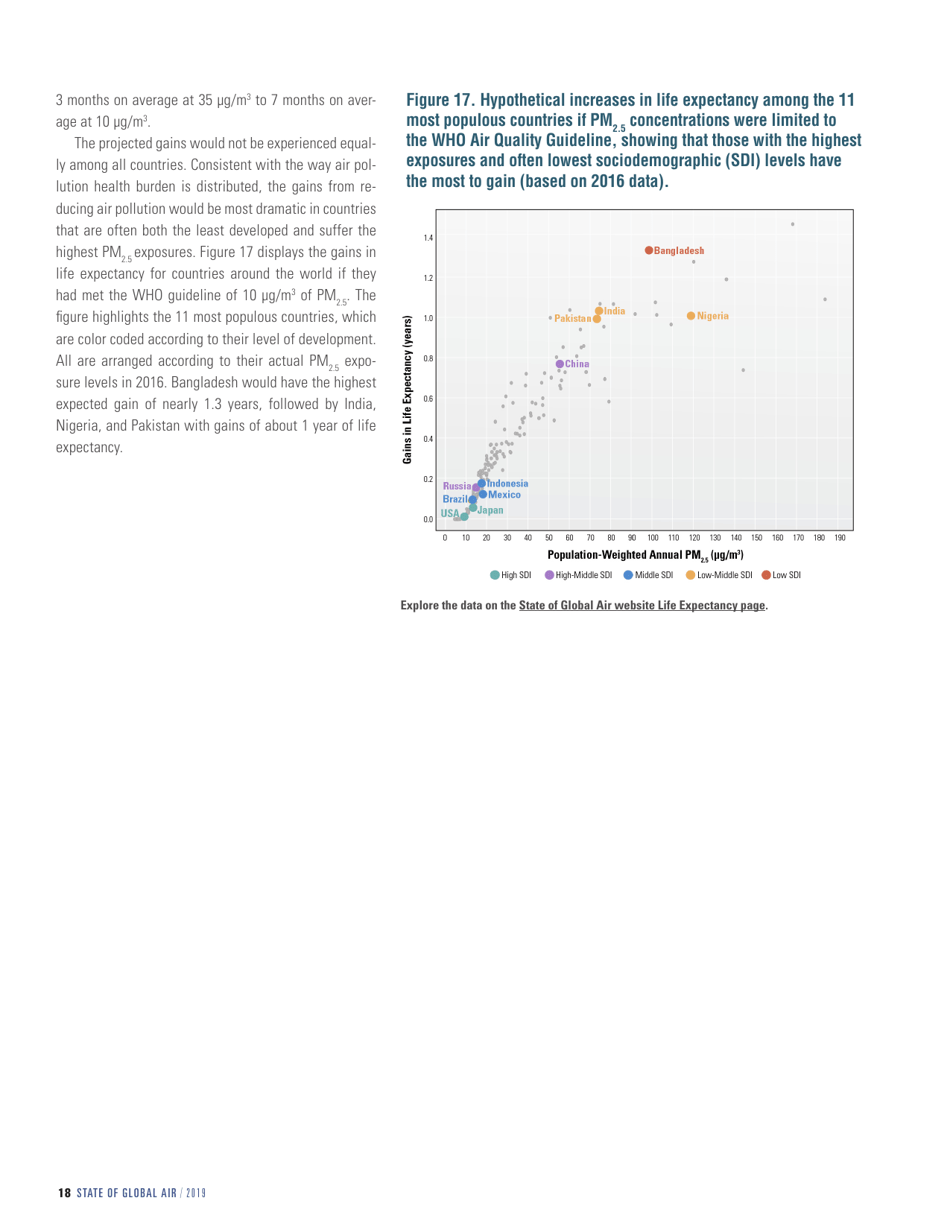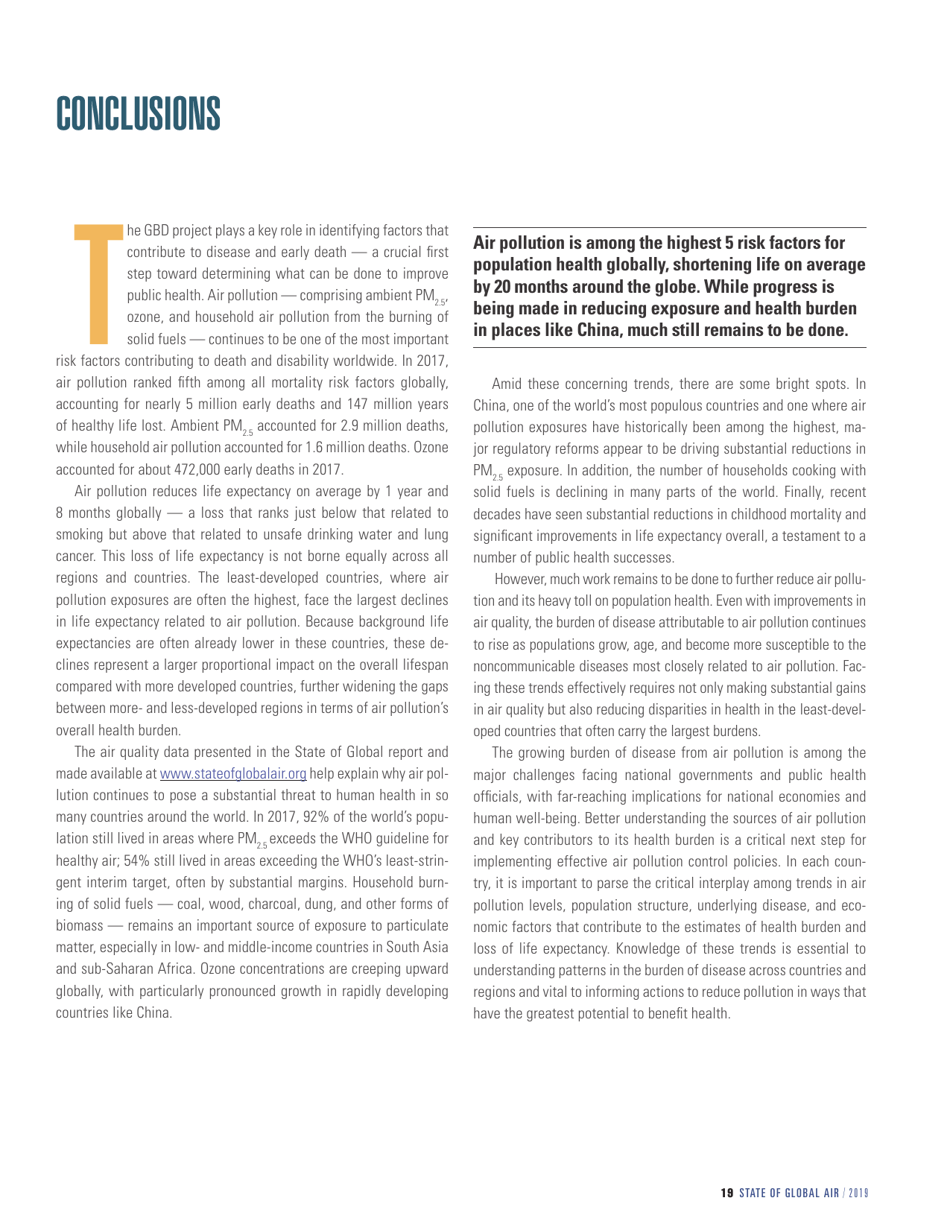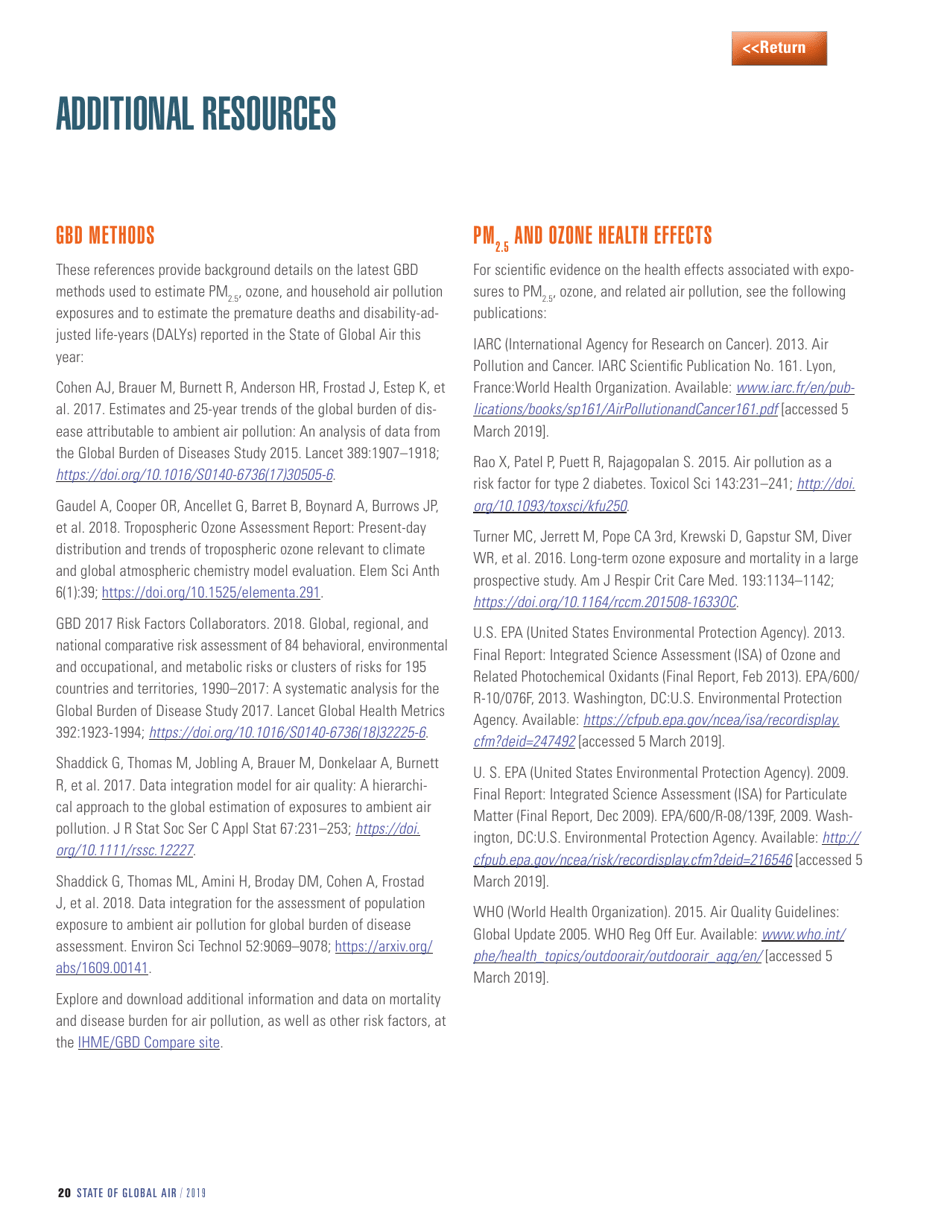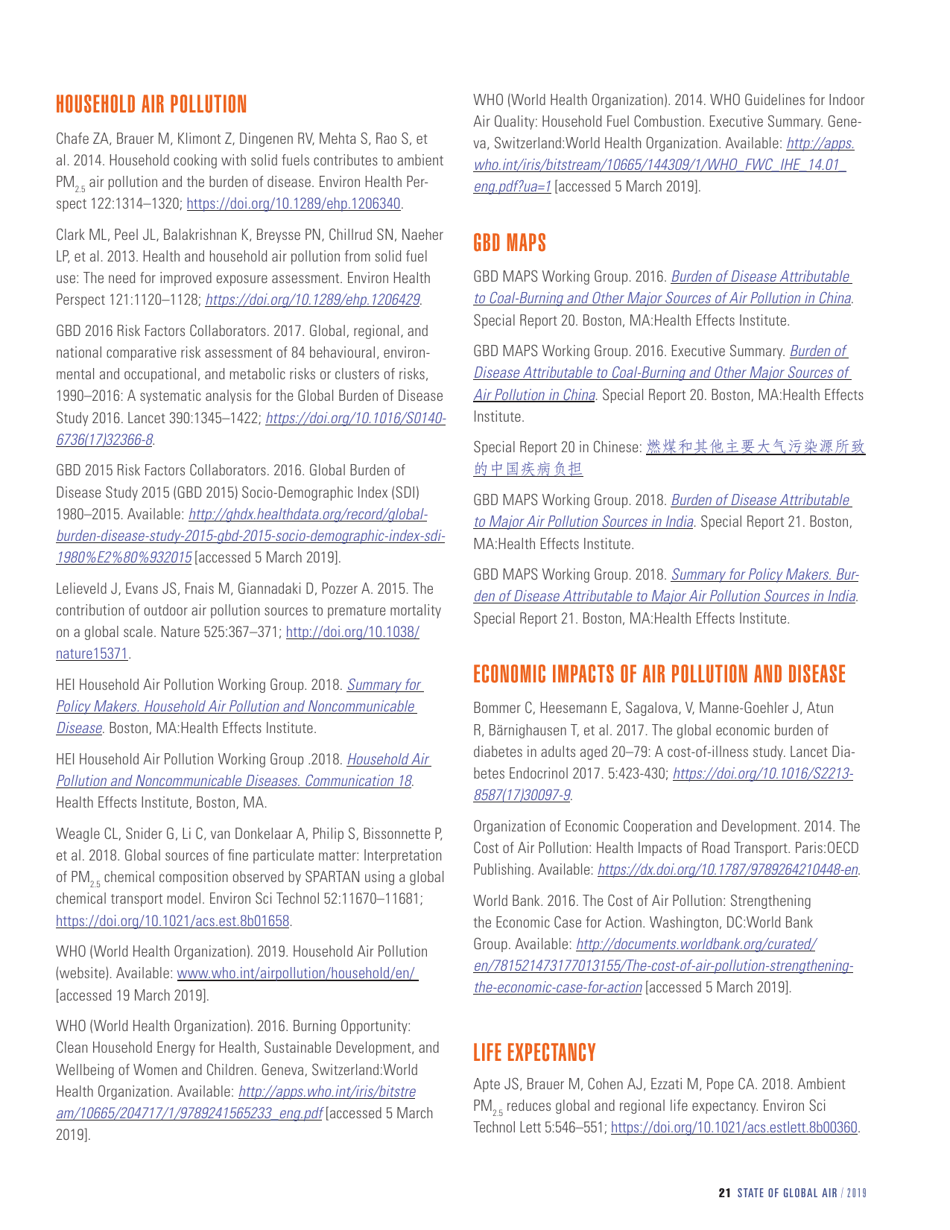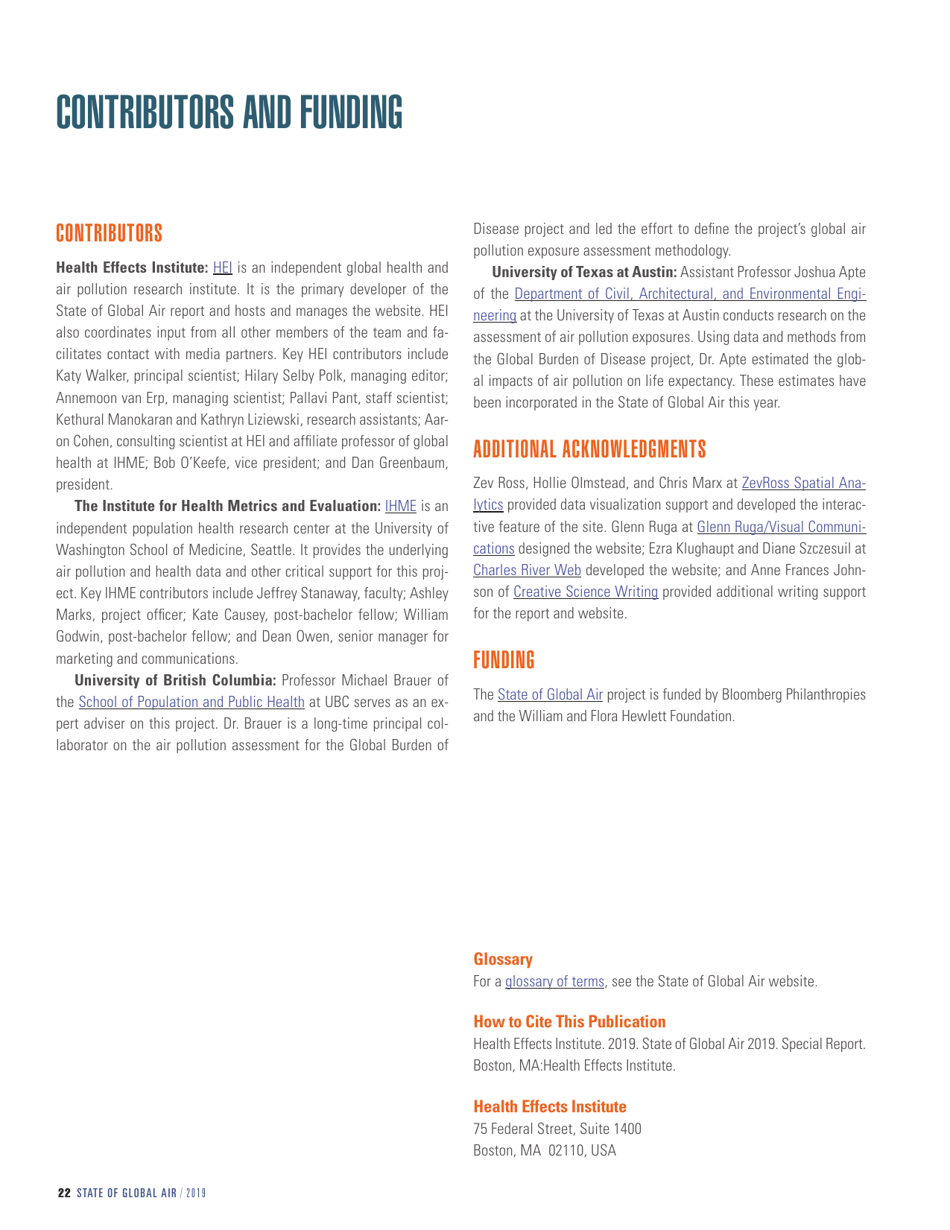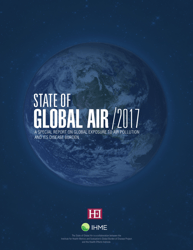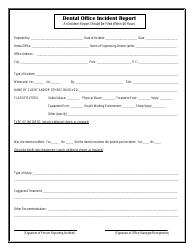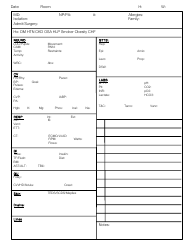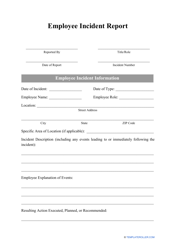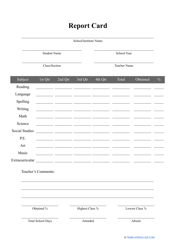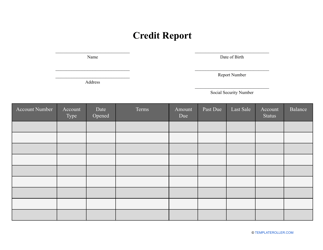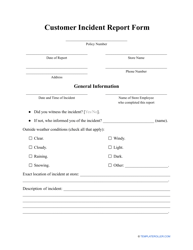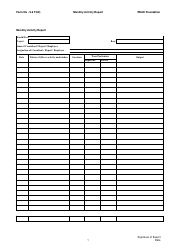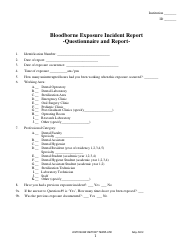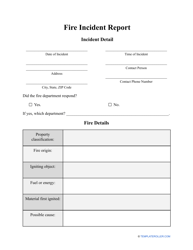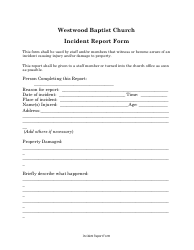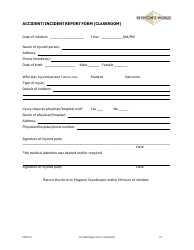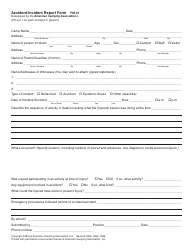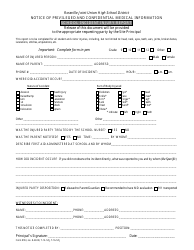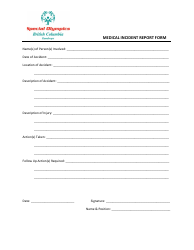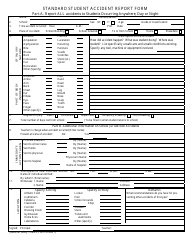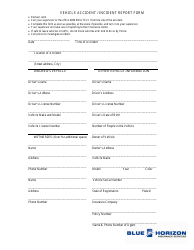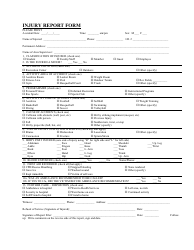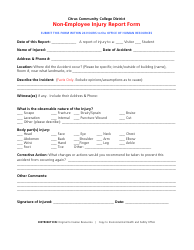Report - State of Global Air - 2019
The "State of Global Air - 2019" report is published to provide information and analysis on the current state of air quality and its impact on public health worldwide. It examines data related to air pollution and health effects, including mortality and disease burden, in different countries and regions.
The State of Global Air - 2019 report is typically filed by researchers or organizations that specialize in air quality and environmental health.
FAQ
Q: What is the State of Global Air?
A: The State of Global Air is a report that provides information on the air quality and its impact on human health worldwide.
Q: Who produces the State of Global Air report?
A: The report is produced by the Health Effects Institute in collaboration with the Institute for Health Metrics and Evaluation.
Q: What does the State of Global Air report measure?
A: The report measures the levels and sources of air pollution, as well as the health effects caused by exposure to polluted air.
Q: Why is the State of Global Air report important?
A: The report helps to raise awareness about the health risks associated with air pollution and provides data for policymakers to develop effective strategies to improve air quality.
Q: What are the main findings of the State of Global Air report?
A: The main findings of the report include the estimate that air pollution is responsible for about 5 million premature deaths each year, and that approximately 90% of the world's population lives in areas with unhealthy air.
Q: How does air pollution affect human health?
A: Air pollution can lead to various health problems, including respiratory diseases, heart disease, stroke, and lung cancer. It can also contribute to premature death and reduced life expectancy.
Q: What are the major sources of air pollution?
A: The major sources of air pollution include transportation emissions, industrial activities, burning of fossil fuels, and residential wood and biomass burning.
Q: What are the recommended actions to improve air quality?
A: Some recommended actions to improve air quality include reducing emissions from vehicles and power plants, promoting renewable energy sources, and implementing stricter regulations on industrial emissions.
Q: What can individuals do to reduce air pollution?
A: Individuals can contribute to reducing air pollution by using public transportation, walking or biking instead of driving, conserving energy at home, and avoiding burning wood and trash.
Q: Is air quality improving or getting worse globally?
A: The State of Global Air report shows that air quality is improving in some regions, but getting worse in others. It depends on the efforts made to reduce pollution and improve air quality.
